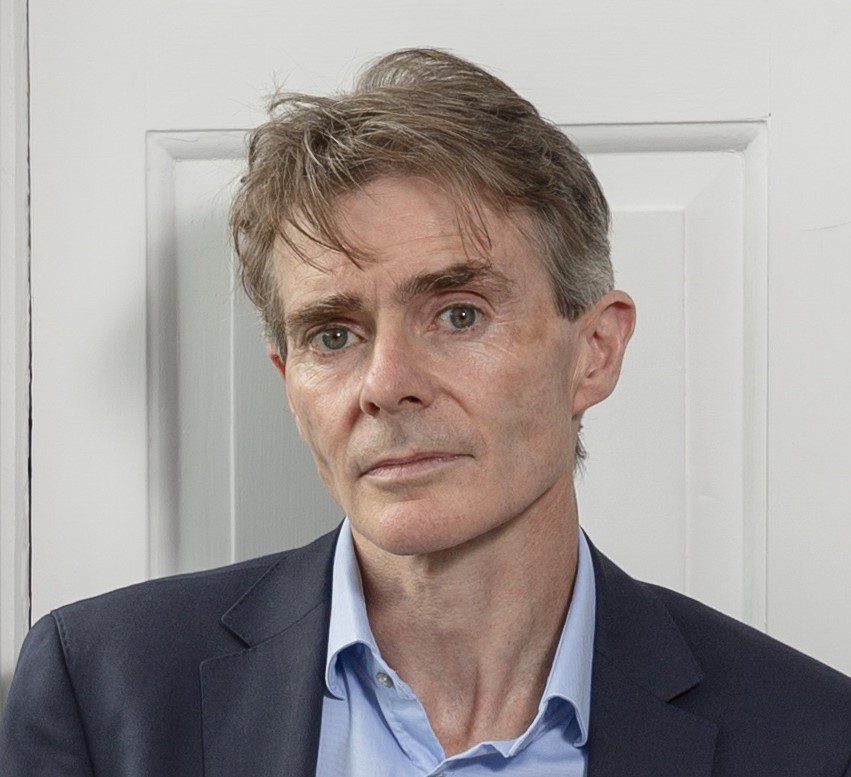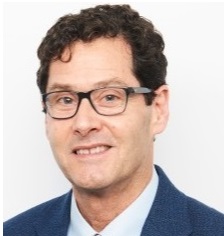Cambridge announced as a major collaborator in new paediatric HealthTech Research Centre
NIHR Cambridge BRC researchers will be supporting a new paediatric research centre hosted by Sheffield, which aims to develop new technologies that improve healthcare in children and young people.
The Children and Young People HealthTech Research Centre (HRC), led by Sheffield Children’s NHS Foundation Trust, was awarded a £3 million grant from the National Institute for Health and Care Research to identify new ways to improve the management of rare and long-term conditions in babies to young adults.
The award will see Cambridge researchers working in collaboration with Sheffield’s HRC and other expertise across the country to support the development of new medical devices, diagnostics and digital technologies.
Cambridge researchers will focus on the Mind-Body Integration (MBI) theme of the HRC, which is inspired by a growing recognition of the need to jointly consider the physical and psychological needs of children.
Researchers will look at how the interactions of the ‘brain-body’ affect children in order to create new therapies that can target both physical and mental health from birth. They will also look at addressing unmet challenges such as:
- Supporting the mental health needs of parents of babies who are admitted to neonatal intensive care, 80% of whom go on to suffer mental illness.
- How to improve mental health outcomes in babies who spent time in neonatal intensive care, who currently experience twice the rate of subsequent psychiatric problems.
- Optimising treatment and care for children with epilepsy, 30-50% of whom have co-occurring psychiatric problems.
- Reducing depression in adolescents with diabetes.
- Responding to the 20% increase in demand for mental health support in under-18s that has occurred since the COVID-19 pandemic.

Consultant Neonatologist, Dr Kathryn Beardsall said: “We are looking forward to rising to these challenges by exploiting the potential for novel technologies specifically designed for children and young people to optimise an integrated approach to healthcare, supporting children and their families, and emphasising prevention as well as treatment.”

Professor Paul Fletcher, Bernard Wolfe Professor of Health Neuroscience said: “Digital technologies, including virtual reality, have huge potential in developing our understanding of brain-body integration and, ultimately, in helping to shape interventions that target this crucial point at which physical and mental health interact. It is exciting for us in Cambridge to be part of this ground-breaking enterprise”.

Professor David Rowitch, Head of Department of Paediatrics and theme lead for the Antenatal, Maternal and Child Health theme at NIHR Cambridge BRC, whose research team will be working with the Sheffield HRC added: “We are pleased we can participate in this national project with our colleagues in Sheffield. Over the last few years there has been a significant rise in children and young people needing support with their physical and mental healthcare and the NIHR Children and Young People HealthTech Research Centre will offer the vital opportunities to develop new treatments to ultimately benefit patients.”
Professor Paul Dimitri, Clinical Director of Innovation and Technology at Sheffield Children’s NHS Foundation Trust, said: “This is an historic milestone positioning Sheffield at the cutting edge of paediatric research and innovation worldwide. The HRC and NCCHT will pioneer the health technologies of tomorrow, delivering dramatic improvements in NHS care that benefit generations to come. We aim to create a lasting legacy for children’s health.”
New HRC for Cambridge
As part of the announcement from the NIHR, Cambridge has been selected to host another arm of the HRC where they will be leading on new ways to improve the experiences of people affected with brain and spinal injuries.
The new Brain and Spine Injury HRC, based at Cambridge University Hospitals, received nearly £3 million in mid-November. Researchers will be collaborating with other teams across England and will focus on five clinical themes. This new HRC will be led by NIHR Cambridge BRC researcher and neurosurgeon, Professor Peter Hutchinson and academic neurosurgeon, Dr Alexis Joannides.
Dr Joannides said: “The new HRC will enable us to build on the Brain MIC’s achievements and work effectively with inventors, academics, and clinicians within the UK and beyond to identify, evaluate, and implement meaningful solutions to improve the lives of people affected by brain injury.”
Professor Hutchinson added: “This funding from the National Institute for Health and Care Research will make a major contribution to the outcome of patients with brain and spine injury. Engaging patients and the public will help us to identify areas of unmet need and working with industry will facilitate the development of new devices and treatment.”
About HRC
From 1 April 2023 the NIHR will launch 14 new HRCs to work to develop new and improved treatments and enable people to better monitor their health, diagnose
ill health sooner and improve management of conditions including cancer, dementia,
cardiovascular and respiratory disease.
The HRCs will also work with companies to develop and test products to support rehabilitation and help those with social care needs to maintain their independence. They will work closely with carers, patients and users at all stages.
Each HRC will be hosted by an NHS organisation in England, bringing industry, academia and the health and care system together. The HRCs will drive innovation and efficiency, bringing new technologies to those who need them most, support the health and care workforce to reduce workload, and help alleviate pressures on the health and care system.
The HRCs will keep the UK at the forefront of research and the place companies want to come to in order to invest in the development of health technologies.
Full list of HRCs
| Cambridge University Hospitals NHS Foundation Trust Brain and spine injury |
| Guy’s and St Thomas’ NHS Foundation Trust Cardiovascular and respiratory disease |
| Imperial College Healthcare NHS Trust Diagnostics for cancer, infectious and respiratory diseases, critical care, primary and social care |
| Leeds Teaching Hospitals NHS Trust Surgical technologies and rehabilitation |
| Manchester University NHS Foundation Trust Urgent and emergency care |
| Nottinghamshire Healthcare NHS Foundation Trust Mental health |
| Nottingham University Hospitals NHS Trust Rehabilitation and assistive technologies |
| Oxford Health NHS Foundation Trust Community healthcare (cancer, infectious diseases, mental health and technology for care homes) |
| Royal Devon University Healthcare NHS Foundation Trust Diagnostics, rehabilitation and frailty |
| Sheffield Children’s NHS Foundation Trust Children and young people’s health |
| Sheffield Teaching Hospitals NHS Foundation Trust Long-term neurological conditions, diabetes, kidney care, women’s health, rehabilitation, mental health |
| South London and Maudsley NHS Foundation Trust Dementia and brain health |
| The Newcastle Upon Tyne Hospitals NHS Foundation Trust Diagnostics for infectious diseases, ageing and multiple long-term conditions and rare diseases |
| University Hospitals Birmingham NHS Foundation Trust Trauma and emergency care |
Find out more on the NIHR website.



